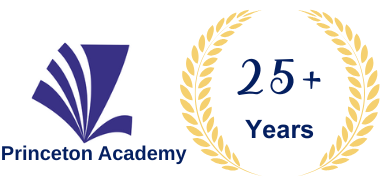Content marketing is one of the best ways to connect with customers and secure more sales. Consumers want engaging and more interactive experiences with companies. Blog content is an excellent way to keep existing customers engaged while building trust with new visitors that land on your website for the first time.
But creating great blog content isn’t always easy. With content so widespread on the internet, it’s challenging to develop new topics or new spins on old issues. This workshop will discuss how to come up with some unique and engaging blog content.
Course Content :
Content Writing Process and Techniques
- Understanding the writing process, from researching and gathering information to drafting, editing, and publishing content
- Tips for brainstorming and generating ideas for content
- Techniques for outlining and structuring content
- Strategies for writing effective headlines and introductions
Developing Writing Voice and Style
- Understanding the importance of a unique writing voice
- Tips for developing a strong and consistent writing style
- Techniques for creating engaging and informative content
- Writing for different audience and tone of voice
Writing Compelling Headlines and Introductions for Blogs
- The role of headlines in engaging readers
- Tips for writing headlines that grab attention
- Writing introductions that hook readers and keep them engaged
- Writing call to action
Researching and Organizing Content
- Techniques for researching and gathering information for content
- Tips for organizing and structuring content for maximum effectiveness
- Creating outlines and storyboards for content
Blog Writing and Revising
- Techniques for drafting and revising content
- Tips for editing and proofreading content
- Strategies for overcoming writer’s block
Writing for SEO and Optimizing Content for Search Engines
- Understanding the basics of SEO and how it affects content
- Keyword research and using keywords in content
- Optimizing headlines, meta tags, and images for search engines
Writing for Different platforms
- Writing for different platforms such as blog, website, social media, email newsletter, etc.
- Writing for different formats such as long-form, short-form, micro-content, etc.
COURSE SCHEDULE & FEES
DOWNLOAD COURSE CONTENTS
Please click the button below to download the course content. You'll need to provide your contact information to receive the document.
INCOMPANY/GROUP TRAINING REQUEST
Why Choose Our Incompany Program?
- 🎯 Tailored content specific to your business goals
- 👥 Train entire teams together, saving time and cost
- 📍 Delivered at your location or virtually
- 📅 Flexible scheduling to suit your timelines
- 📈 Increase retention and application of skills
